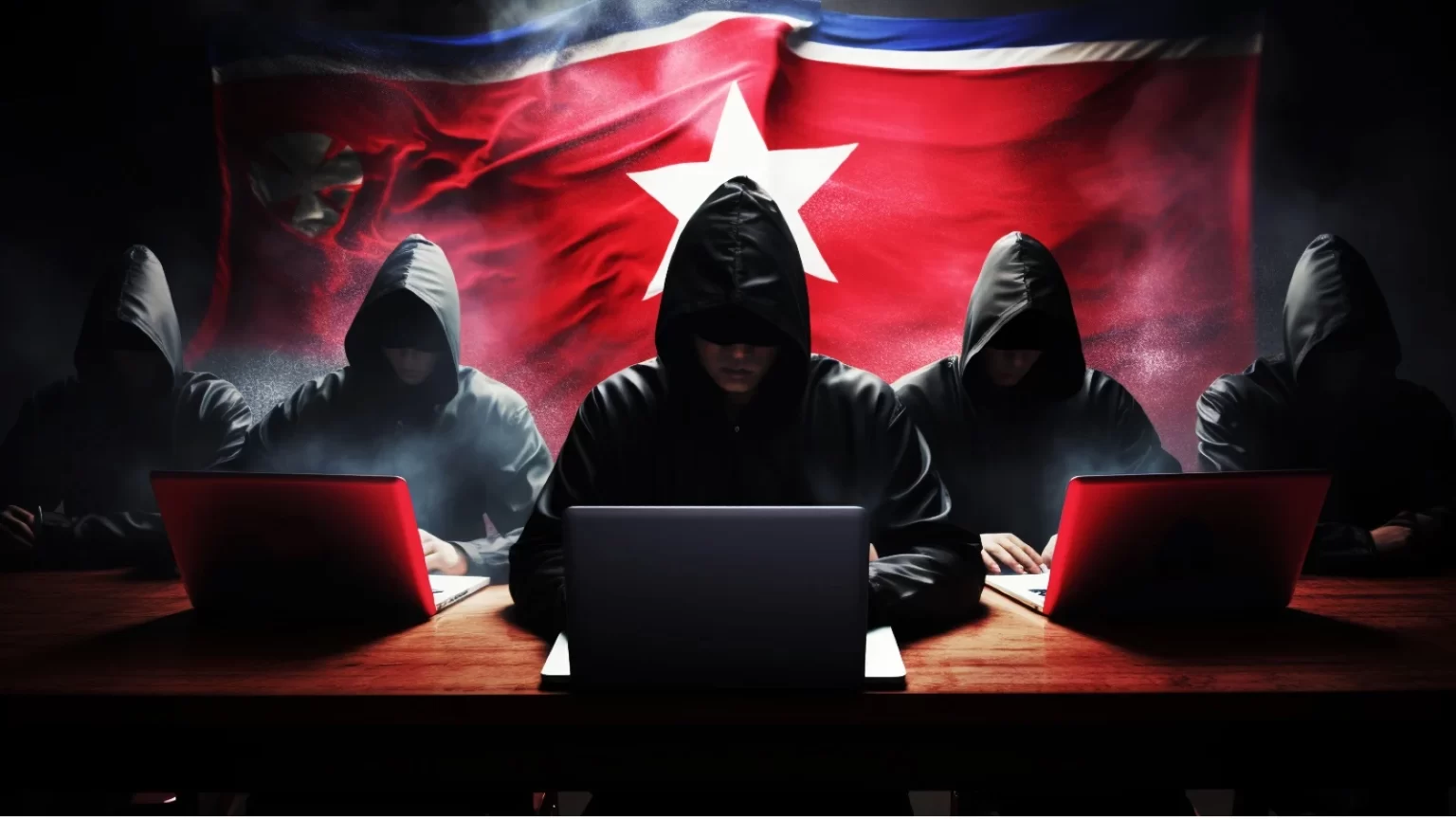In a striking incident that underscores the growing sophistication of cybercriminals, a remote IT worker from North Korea retaliated against his employer after being terminated. This case not only highlights the challenges companies face in the digital age but also raises concerns about the infiltration of cybercriminals into the tech workforce.
The Incident Unfolds
The story begins when a company hired a remote IT professional, unaware that he was an undercover North Korean hacker. This individual, who had presented a fabricated employment history and false personal details, managed to gain access to the company’s computer network under the guise of fulfilling his job responsibilities.
During his four-month tenure, the hacker was paid regularly, all while discreetly siphoning off sensitive data from the company’s internal systems. His performance may have been deemed poor, leading to his dismissal, but by then, he had already collected a significant amount of valuable information.
The Aftermath of Termination
After his firing, the repercussions were swift. The company began receiving ransom demands, with the hacker threatening to sell or publish the stolen sensitive data unless a hefty sum in cryptocurrency was paid. The ransom demands reportedly reached six figures, reflecting the hacker’s expectation of significant returns on his covert operations.
This incident serves as a cautionary tale for organizations, especially those employing remote workers. It reveals the vulnerabilities that can arise when cybersecurity measures are not rigorously enforced and highlights the need for due diligence in hiring practices.
The Techniques of Deception
The hacker’s ability to evade detection speaks to the evolving tactics used by cybercriminals today. According to reports, many North Korean operatives employ AI-generated images or altered identities to bypass recruitment checks. This case is not an isolated one; cybersecurity firms have indicated a trend in which North Korean hackers have successfully infiltrated various companies in the West using similar deceptive strategies.
For instance, a recent report by cybersecurity company Mandiant highlighted that several Fortune 100 companies had unknowingly employed North Korean operatives with falsified IT profiles. In one notable instance, a Florida-based company, KnowBe4, hired a Principal Software Engineer who later exhibited suspicious activity, revealing the individual’s identity had been stolen, complete with AI-altered images used during the interview process.
The Broader Context of North Korean Cybercrime
This incident reflects a larger trend of cybercrime emanating from North Korea, where the state has invested heavily in developing sophisticated hacking capabilities. These operations often aim to generate revenue for the regime and conduct espionage against foreign entities.
North Korean hackers are known for their skillful use of social engineering, often exploiting remote work environments where traditional oversight may be lacking. The rise of remote work has presented new challenges for organizations, making it crucial for them to adapt their security measures accordingly.
Enhancing Cybersecurity Protocols
Given the complexities of remote work and the increasing threat posed by cybercriminals, companies must take proactive steps to safeguard their digital assets. Here are several strategies that organizations can implement to enhance their cybersecurity posture:
- Rigorous Background Checks: Employers should conduct thorough background checks, including verifying employment history and education. Using advanced technology to cross-reference data can help identify inconsistencies.
- AI Detection Tools: Companies should invest in AI-powered tools that can detect unusual behavior or anomalies in employee activity. These systems can help flag potential threats before they escalate.
- Employee Training: Regular cybersecurity training for all employees is essential. Staff should be educated about the risks associated with remote work, including phishing scams and social engineering tactics.
- Data Access Controls: Organizations must implement strict access controls to sensitive data. Limiting access to only those who need it for their roles can reduce the risk of data breaches.
- Incident Response Plans: Establishing a robust incident response plan can help organizations quickly mitigate the impact of a cyberattack. This plan should include protocols for communication, data recovery, and regulatory compliance.
The Role of International Cooperation
Addressing the threat of North Korean cybercrime requires international collaboration. Governments and cybersecurity organizations worldwide must work together to share intelligence and develop strategies to counter these sophisticated attacks. By pooling resources and expertise, nations can create a more resilient cybersecurity framework.
Conclusion
The case of the North Korean hacker who retaliated against his employer is a stark reminder of the vulnerabilities that exist in the modern workplace. As cybercriminals continue to evolve their tactics, organizations must adapt their security measures to protect sensitive data and ensure the integrity of their operations.
This incident not only emphasizes the need for comprehensive cybersecurity protocols but also highlights the broader implications of employing remote workers in a globalized digital economy. As businesses navigate this complex landscape, prioritizing security and vigilance will be essential in safeguarding against the ever-present threat of cybercrime.
